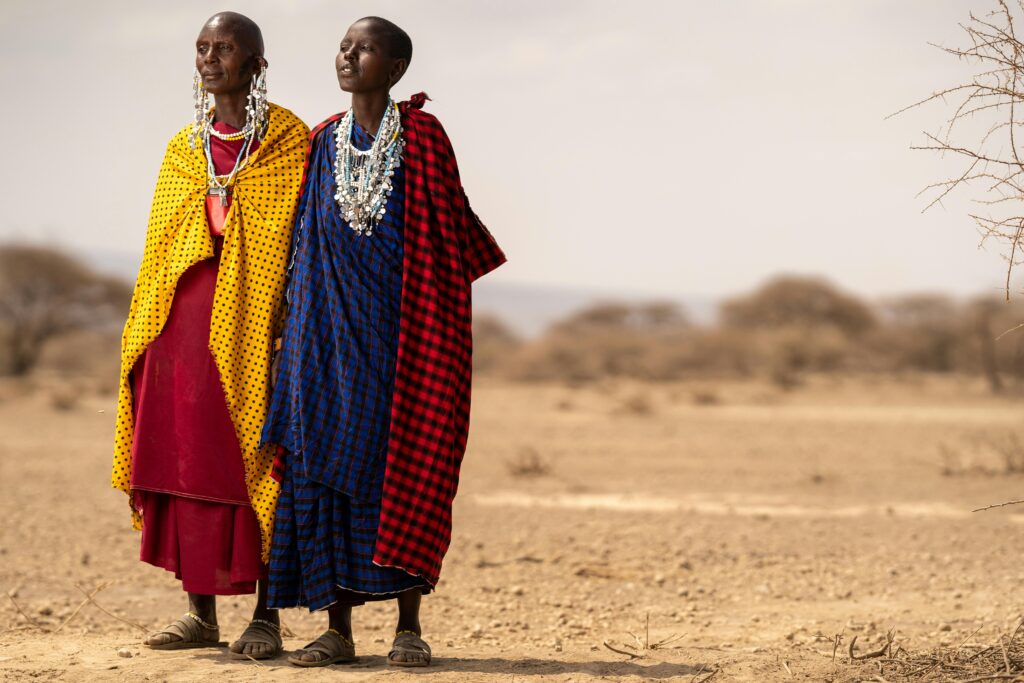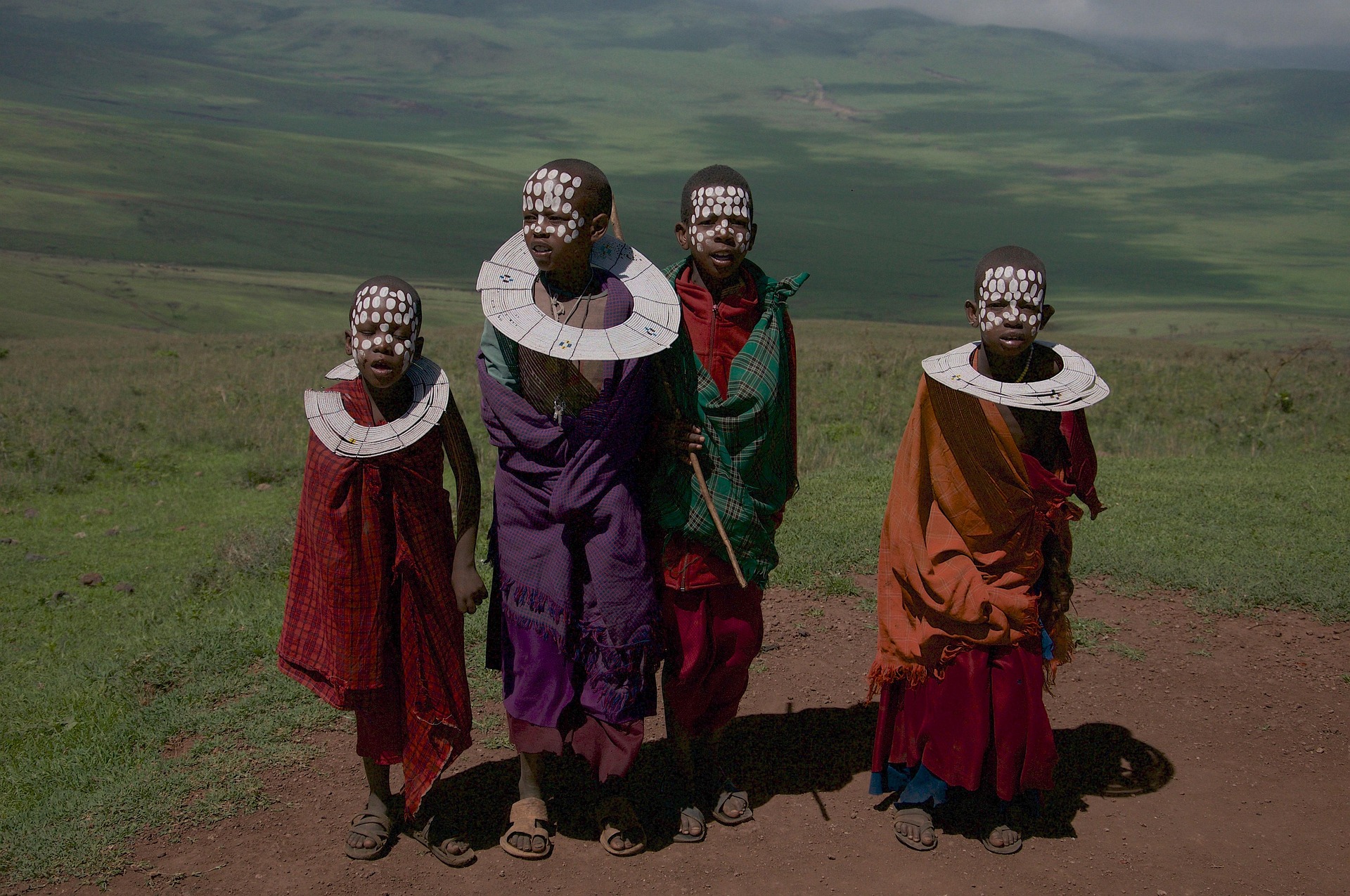In every culture, stories carry the wisdom of generations. But in Swahili culture, storytelling is more than a pastime it is a way of preserving history, shaping identity, and keeping community bonds strong. Long before written books became common, Tanzanian families gathered around fires, under mango trees, or inside homes to pass down tales from elders to children. These stories were and still are the lifeblood of cultural transmission. They are not just entertainment. They are education, memory, and resistance, all spoken aloud.
The Swahili storytelling tradition combines African oral history with centuries of Arab, Persian, and Indian influence, thanks to the coastal trade routes. It’s lyrical, rhythmic, and often layered with metaphor. Common themes include animals as moral teachers, tales of clever heroes, and warnings against pride or dishonesty.
One notable trait of Swahili storytelling is ushairi, or poetic speech. Many stories are shared in rhyme or song, and listeners often respond with call-and-response phrases. The experience becomes communal, interactive, and emotionally charged.
In villages like Mto wa Mbu, elders still use this oral art form to teach young people about traditions, family values, and history keeping culture alive in every word spoken.
Much like griots in West Africa, Swahili culture honors its own version of community historians. These are not always professional performers, but elders who are deeply respected for their memory, voice, and moral leadership. In rural settings, these storytellers often gather villagers in a circle after work or on special occasions. The environment is informal but sacred everyone knows they are part of something valuable.
Storytellers don’t just narrate; they perform. They use gestures, tone, pacing, and dramatic pauses to bring characters to life. Children laugh, adults nod in agreement, and everyone walks away with a lesson or proverb that lingers long after.
Swahili stories are often used to pass down moral codes. A tale about a greedy monkey or a disobedient child can teach patience, respect, or generosity. Many stories are designed to help young people understand their role in society and the values they are expected to uphold.
These narratives also reinforce community identity. They explain where people come from, how customs began, and why certain rituals exist. In a fast-changing world, these stories act as anchors to the past and guides for the future.
As modernization spreads and global media takes hold, there is a risk that these oral traditions will fade. However, cultural tourism provides a new way to celebrate and preserve them. At Swahili Cultural Trails, storytelling is an essential part of the experience. Visitors are invited to sit with elders, ask questions, and witness storytelling in its true form not scripted for show, but shared with pride.
By participating in authentic cultural experiences, travelers help keep these traditions alive not by observing silently, but by engaging, listening, and remembering.
Stories are universal. They make us laugh, cry, think, and remember. In Swahili culture, they do even more they connect generations, safeguard heritage, and build bridges across time.
When you next visit Tanzania, take time to hear a story. Not just any story but one that has been shaped by the voices of many before you. You’ll leave with more than just a tale you’ll carry a piece of living history.


Join our growing community of culture lovers and ethical travelers. Get updates, discounts, and more.
Swahili Cultural Trails
Copyright © 2025. All rights reserved